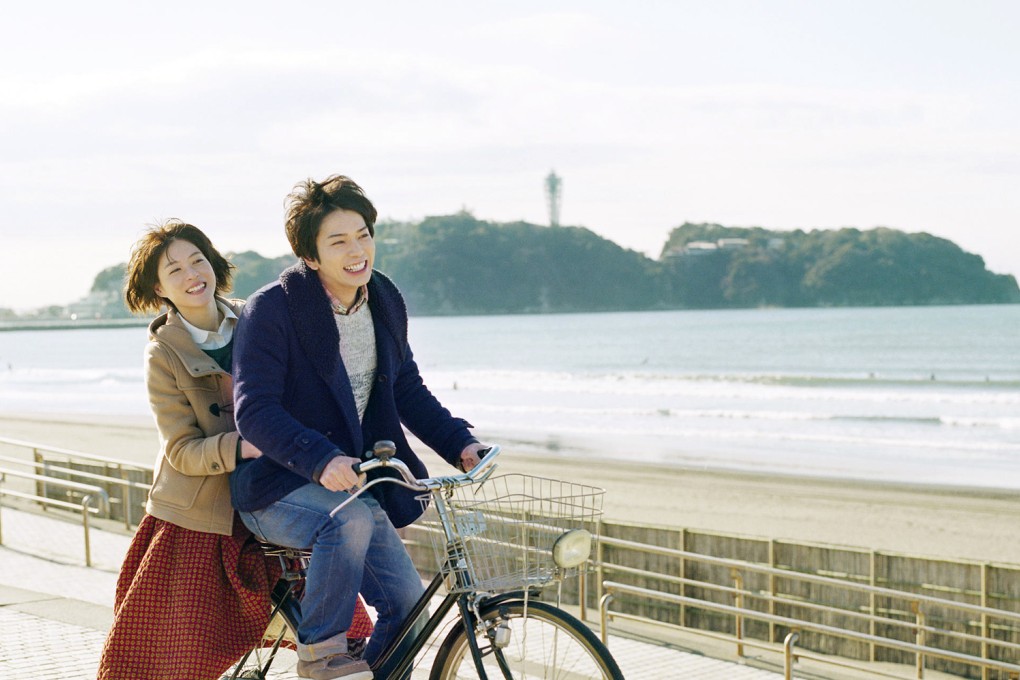
Stories of young lovers parted by a cruel twist of fate are staples of the Japanese film industry, whose romantic dramas are as likely to end with a funeral as they are with a wedding. This tendency to look at love as a prelude to disaster and death - the polar opposite of Hollywood's happy ending formula - has deep roots in Japanese drama and literature.
Among the most revived plays by dramatist Chikamatsu Monzaemon (1653-1725) is The Love Suicides at Sonezaki, a 1703 bunraku (puppet play) drama about two lovers - a clerk and a courtesan - whose hopes for happiness are shattered when the clerk is threatened with arrest and disgrace by a merchant friend turned swindler. Naturally, justice is not done and the lovers commit the title suicide in the third act.
This tendency to look at love as a prelude to disaster and death - the polar opposite of Hollywood's happy ending formula - has deep roots in Japanese drama and literature
The Japanese film industry was quick to take up this theme. Though postwar democratisation and liberalisation made it harder to sell feudal-era stories about doomed lovers, the Nikkatsu studio found a winning solution to this dilemma in Till Death Do Us Apart (1964).
A melodrama based on a true story, it revolves around teenagers Michiko (Sayuri Yoshinaga) and Makoto (Mitsuo Hamada), who first become acquainted in a hospital where Michiko is being treated for a rare disease. They enter university, but Michiko's condition worsens and Makoto, now deeply in love, urges her to keep fighting, even though a planned operation will remove half her face. Of course, her battle is a losing one - but the film was a huge, studio-reviving hit.
In more contemporary times, the tragic love story received another box office boost with Crying Out Love, In the Centre of the World, Isao Yukisada's 2004 film about a 30-something man (Takao Ohsawa) who is engaged to be married but can't forget the great love of his youth - a vibrant, life-loving girl (Masami Nagasawa) afflicted with fatal leukaemia. Audiences cried oceans of tears - and the film earned nearly US$73 million domestically.
Since this smash success, the love story/medical melodrama with the guy or gal (usually not both) dying by the last reel, has become a big, thudding cinematic cliché, but one that its mostly female audience seemingly never tires of. The films are usually adaptations of bestselling novels, and not all their helmers are studio hacks.